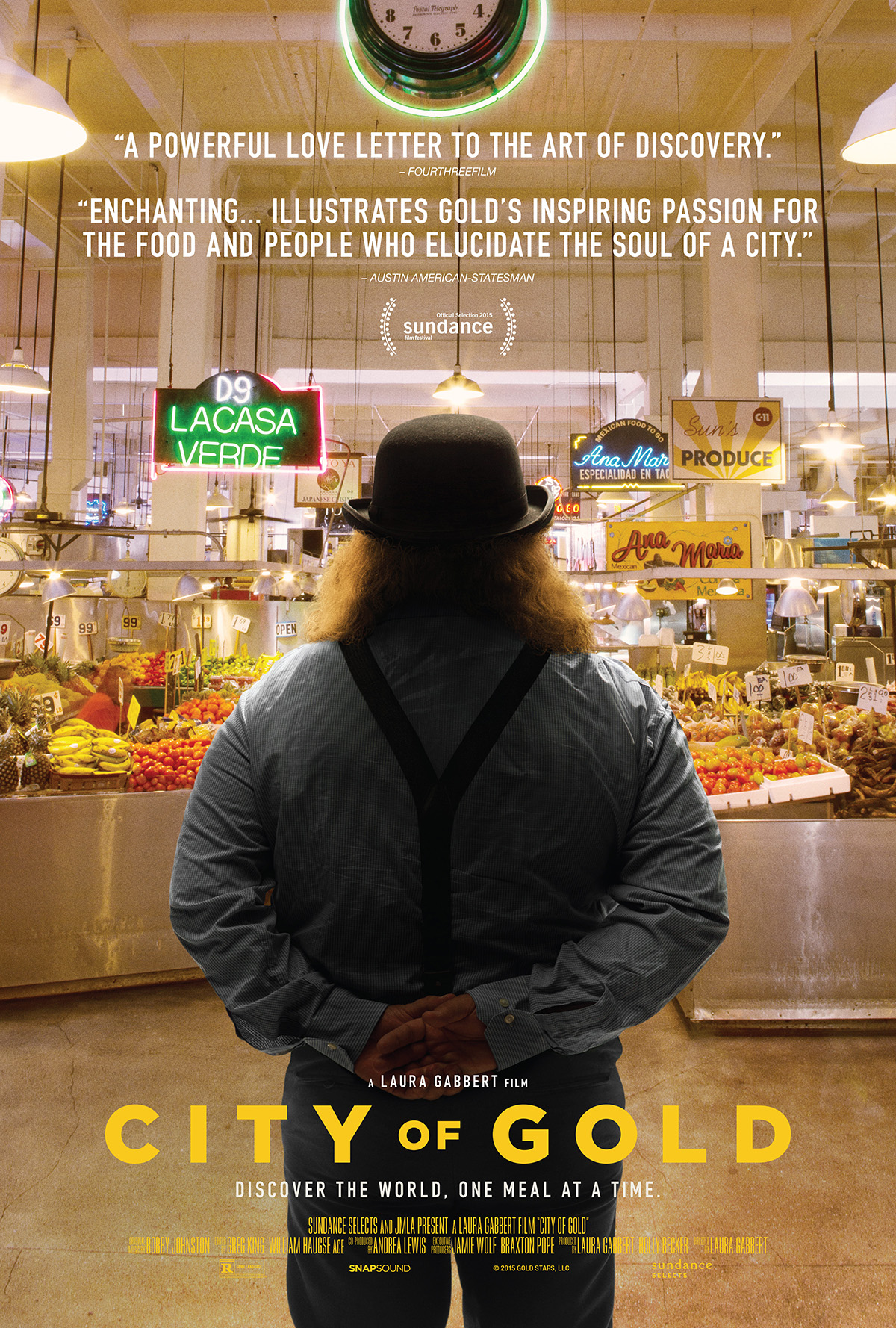 Los Angeles. Home to an impressive array of restaurants and vendor trucks that produce food as diverse as it is delicious. Jonathon Gold’s appreciation for this city and its gastronomical delights prompted his endeavor to explore the many eateries it had to offer, straying from the mainstream in order to discover the smaller, alternative ethnic cuisines hidden in L.A. Gold’s reviews read like tales that are far from just descriptions of taste, but are rather chronicles of history and culture. His passion for food and flair for writing has been met with widespread adulation; being granted the Pulitzer Prize for criticism has undoubtedly secured his status as one of the most prominent food critics in the industry.
Los Angeles. Home to an impressive array of restaurants and vendor trucks that produce food as diverse as it is delicious. Jonathon Gold’s appreciation for this city and its gastronomical delights prompted his endeavor to explore the many eateries it had to offer, straying from the mainstream in order to discover the smaller, alternative ethnic cuisines hidden in L.A. Gold’s reviews read like tales that are far from just descriptions of taste, but are rather chronicles of history and culture. His passion for food and flair for writing has been met with widespread adulation; being granted the Pulitzer Prize for criticism has undoubtedly secured his status as one of the most prominent food critics in the industry.
Laura Gabbert’s documentary City of Gold places as much focus on Gold and his reviews and it is does on painting a picture of the rich and diverse culinary scene that is part of L.A’s cultural fabric. That L.A possesses such a scene is not widely known beyond its borders, yet it feels like the documentary intends to reveal this little-known secret alongside documenting the critic that brought so much of it to the public eye. Gold writes of the places he has visited in L.A with vibrancy and passion, and his appreciation for the authentic, home-style cooking that characterises such food becomes clear.
The documentary paints a favourable image of Gold, whose reviews of local eateries have proven invaluable to the owners. His deviation from high-end, expensive restaurants and proclivity for ‘regular’ diners is a main focus, along with the advantage this brings to local businesses. Queues of people begin to accumulate outside their doors as per Gold’s glowing recommendations; a satisfying outcome for the both the owner’s commercial interests and the customer’s taste buds. While commercial gain isn’t heavily explored, the emphasis is on the personal relationships and virtuous journey that accompanies Gold’s food sampling expedition.
Notably omitted is any example of his actual critiques, or even the mention of the impact of a negative review. A responsibility inherent to the role of the critic is knowing the influence their writing can afford, and while it seems that Gold is virtually incapable of speaking disparagingly about any of the places or characters he meets, it would be naïve to assume that all of his criticisms read as complimentary reviews. Details of his writing for influential publications such as Gourmet (a magazine publication specialising in food and wine that is no longer run) and the L.A Times remain exempt, but this can be forgiven upon hearing all the other endearing details of his career. The film pokes fun at his professional imperfections – namely his tendency to procrastinate, with no intention of hiding the fact that this trait was an increasing source of frustration for his editors. Making light of this gives us a strong and honest sense of Gold’s personality, which is certainly a strong point for the film; it’s hard not to like him by the end of it.
City of Gold takes you on a culinary journey that doesn’t simply attempt to define good and bad food. It explores the unifying nature of food sharing through the relationships Gold forms with foreign restauranteurs hailing from all corners of the world. It explores the hardships of building a business from nothing, and while praising Gold’s writing it equally gives praise to the success of the owners, whose hard work has resulted in the creation of something truly special. The film leaves you with a sweet taste in your mouth and a hankering for some good old fashioned, home-cooked ethnic food.
Be First to Comment